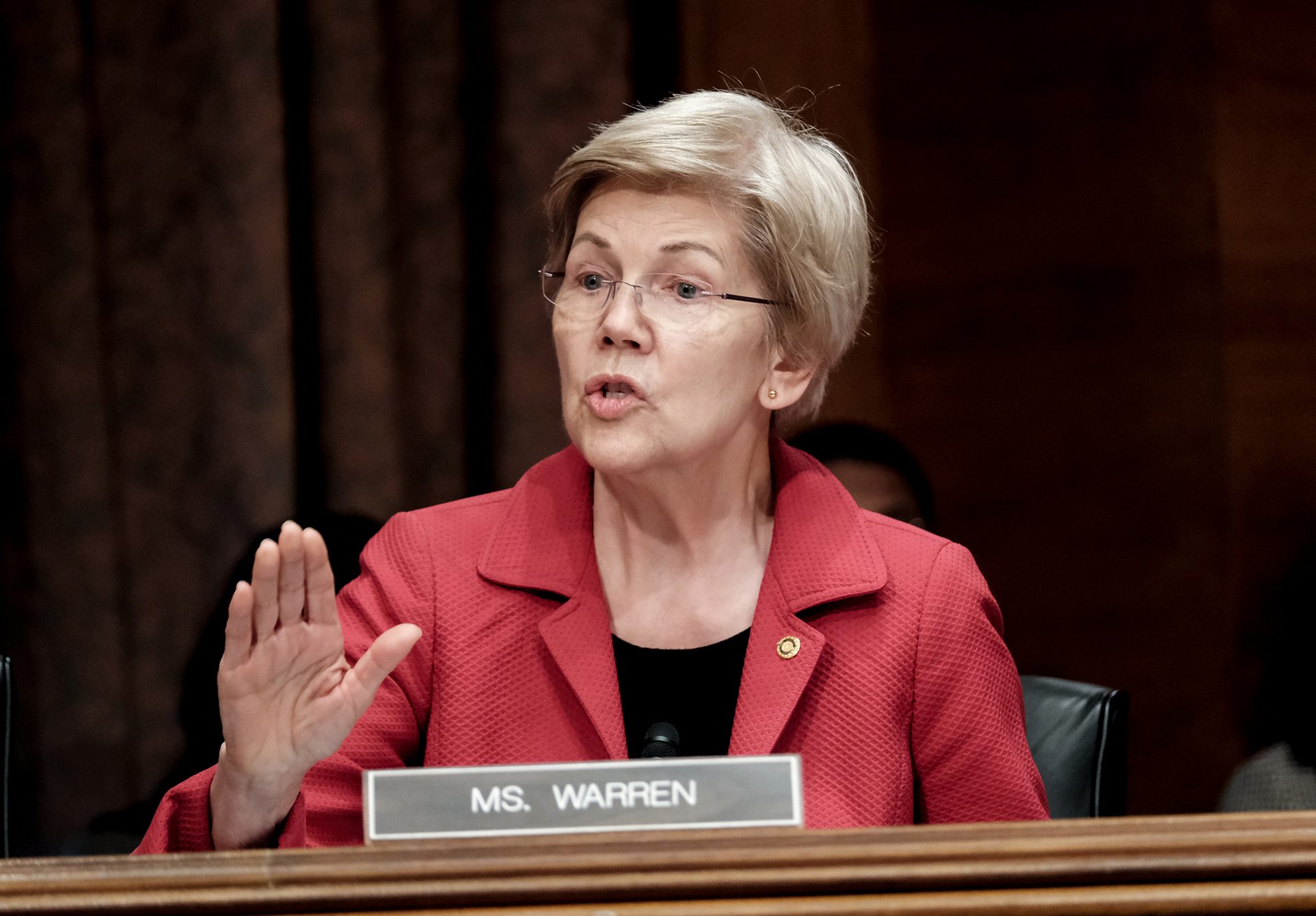By John L. Micek, masslive.com (TNS)
With the pressure already on America’s wealthiest citizens to pay their fair share of taxes, one Massachusetts lawmaker is calling on the nation’s super-wealthy to pony up even further.
On Tuesday, U.S. Sen. Elizabeth Warren, D-Mass., joined by colleagues on both sides of Capitol Hill, reintroduced what she’s dubbed an “ultra-millionaire” tax, a 2% levy on Americans with a net worth of $50 million or more.
The tax, which would impact the top 0.05% of the nation’s households, would bring in $3 trillion in revenue over 10 years, Warren and her fellow lawmakers said in a statement.
Warren’s announcement comes about two weeks after President Joe Biden, during his State of the Union speech, called for a more level playing field between the richest and poorest Americans.
“As President Biden says: no one thinks it’s fair that Jeff Bezos gets enough tax loopholes that he pays at a lower rate than a public school teacher,” Warren said. “All my bill is asking is that when you make it big, bigger than $50 million dollars, then on that next dollar, you pitch in two cents, so everyone else can have a chance.”
In the U.S. House, Democratic U.S. Reps. Brendan Boyle, of Pennsylvania, and Pramila Jayapal, of Washington, are sponsoring a companion version of the bill. The legislation also imposes stricter rules on trusts, which the ultra-rich often employ to avoid to paying taxes. The tactic costs the federal government between $5 billion and $7 billion in lost revenue annually.
“As the son of a union household, I witnessed every day how incredibly hard my parents worked to build a middle class life for our family. It is simply wrong that millions of hardworking families pay a higher tax rate than billionaires,” Boyle said, adding that the bill will “will fight back against Republicans’ decades-long scheme to rig our tax code against middle class families and in favor of multi-millionaires and billionaires.”
All told, the bill has attracted the support of seven lawmakers in the Senate, including U.S. Sen. Ed Markey, D-Mass., and nearly 30 lawmakers in the House, including U.S. Rep. Ayanna Pressley, D-7th District.
To buttress their arguments, the lawmakers pointed to 2020 research by economists Gabriel Zucman and Emmanuel Saez showing that share of wealth held by the richest 1% of Americans tripled from 7% to 20% between the late 1970s and 2019, while the bottom 90% saw its share drop from about 35% to 25%.
“The system is not working when the richest one percent of Americans own more than 30 percent of our nation’s wealth but pay just 3.2 percent of their wealth in taxes while others pay twice as much. Our country’s tax system needs urgent reform,” Jayapal said.
In addition to its tax and trust language, the bill also would impose a 1% surtax on the net worth of households and trusts valued above $1 billion, for a total tax of 3%.
The legislation is “a critically needed policy that would ensure that the super-rich who have benefitted from a rigged system will begin to pay their fair share in taxes,” Susan Harley, the managing director of Public Citizen’s Congress Watch division, said.
______
©2024 Advance Local Media LLC. Visit masslive.com. Distributed by Tribune Content Agency LLC.
Thanks for reading CPA Practice Advisor!
Subscribe Already registered? Log In
Need more information? Read the FAQs




